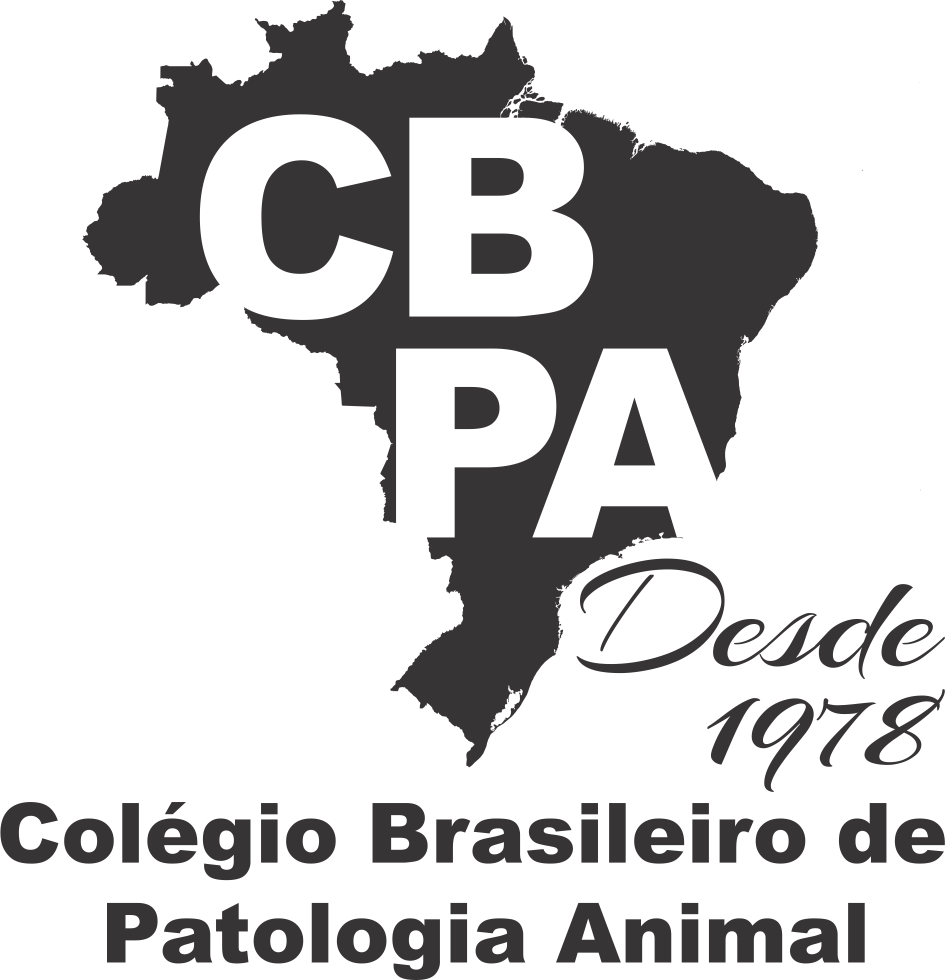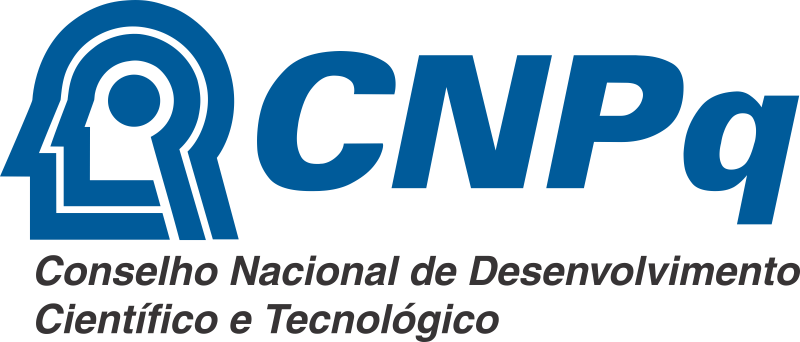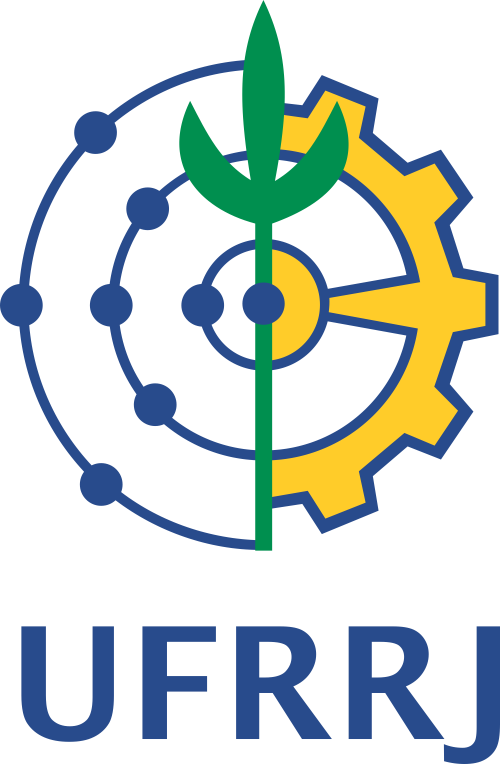Resultado da pesquisa (1)
Termo utilizado na pesquisa Marin J.M.
#1 - Analysis of Escherichia coli isolated from bovine mastitic milk, p.363-368
Abstract in English:
ABSTRACT.- Rangel P. & Marin J.M. 2009. Analysis of Escherichia coli isolated from bovine mastitic milk. Pesquisa Veterinária Brasileira 29(5):363-368. Departamento de Morfologia, Estomatologia e Fisiologia, Faculdade de Odontologia de Ribeirão Preto, Universidade de São Paulo, Avenida do Café s/n, Campus USP, Ribeirão Preto, SP 14040-904, Brazil. E-mail: jmmarin@forp.usp.br
Mastitis has been recognized for some time as the most costly disease in dairy herds. From February to November 2004, 670 samples of bovine mastitic milk from which 231 Escherichia coli strains were isolated, were collected from two Brazilian states. The strains were screened for the presence of Shiga toxin-producing (stx 1 and stx 2) and intimin (eae) genes. Twenty (8.6%) strains were detected by PCR to harbor the Shiga toxin genes (8 the stx 1 gene, 12 the stx 2 gene and none both of them). Two (0.8%) of the Escherichia coli strains studied were eae positive non Shiga toxin-producing. The strains were also examined for resistance to 12 antimicrobial agents. The predominantly observed resistance was to tetracycline (92.2%), streptomycin (90.4%), nalidixic acid (88.3%), amikacin (86.5%) and cephalothin (84.8%). Multidrug resistance was found among 152 isolates (65.8%).
Abstract in Portuguese:
ABSTRACT.- Rangel P. & Marin J.M. 2009. Analysis of Escherichia coli isolated from bovine mastitic milk. Pesquisa Veterinária Brasileira 29(5):363-368. Departamento de Morfologia, Estomatologia e Fisiologia, Faculdade de Odontologia de Ribeirão Preto, Universidade de São Paulo, Avenida do Café s/n, Campus USP, Ribeirão Preto, SP 14040-904, Brazil. E-mail: jmmarin@forp.usp.br
Mastitis has been recognized for some time as the most costly disease in dairy herds. From February to November 2004, 670 samples of bovine mastitic milk from which 231 Escherichia coli strains were isolated, were collected from two Brazilian states. The strains were screened for the presence of Shiga toxin-producing (stx 1 and stx 2) and intimin (eae) genes. Twenty (8.6%) strains were detected by PCR to harbor the Shiga toxin genes (8 the stx 1 gene, 12 the stx 2 gene and none both of them). Two (0.8%) of the Escherichia coli strains studied were eae positive non Shiga toxin-producing. The strains were also examined for resistance to 12 antimicrobial agents. The predominantly observed resistance was to tetracycline (92.2%), streptomycin (90.4%), nalidixic acid (88.3%), amikacin (86.5%) and cephalothin (84.8%). Multidrug resistance was found among 152 isolates (65.8%).









